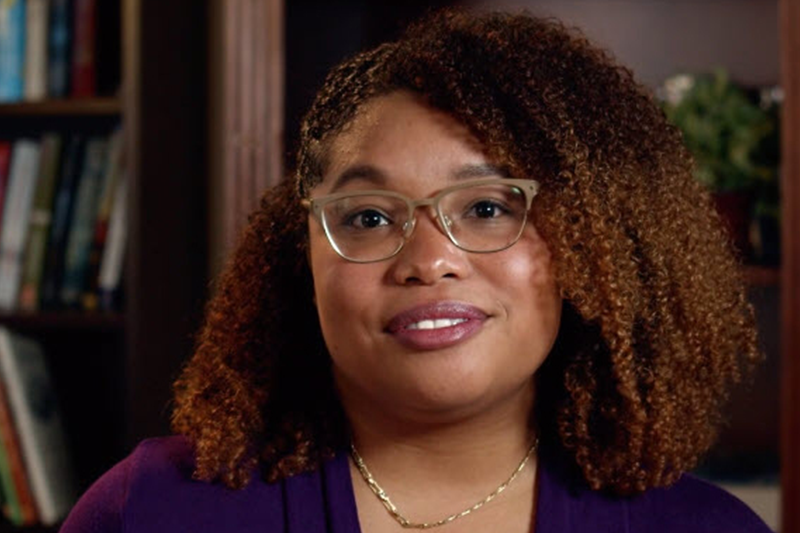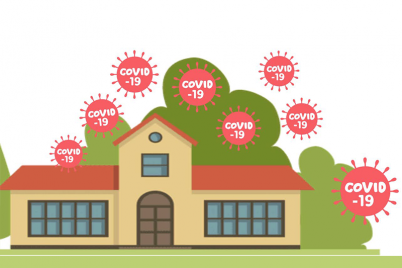Kiana Granda, Suncoast PACE clinical social work intern
By LaShante Keys, Empath Health Community Partnership Specialist
PINELLAS COUNTY — In the past weeks and months, you may have been hearing words such as “crisis,” “unprecedented,” “death,” and “pandemic” in the news and across social media. COVID-19 is something completely new, and many people are struggling to make sense of this time of uncertainty.
There may be new emotions that haven’t been experienced before. It’s important to know there is no “right way” to feel during these times, and that is okay.
“When our brains hear these words, it becomes a trigger for our emotional response, causing all of us to react in different ways,” explained Kiana Granda, a registered clinical social work intern with Suncoast PACE, a member of Empath Health. “Our brain is going into survival mode, but doesn’t know if it should pick fight, flight or freeze.”
A “fight” response can look like anger, anxiety and elevated heart rate. “Flight” might look like you are being over-reactive, speaking or thinking a lot or have the feeling of butterflies in your stomach. Someone with a “freeze” response may feel sad, tired, depressed or ambivalent. All of these feelings are valid.
Every day there is new information, and our brains are constantly trying to figure out the best response to the situation. Moods may continuously be shifting and felt more intensely as a result.
To avoid feeling overwhelmed from a surge of emotions, taking time to care for yourself is essential. Granda offers these tips for self-care:
- Set a routine. Try to go to sleep and wake up at the same time every day. Write a schedule if you need to, making sure you set aside time for self-care.
- Spend at least 30 minutes outside of the house every day. Take a walk, garden or layout in the back yard. If this isn’t possible, try opening a window for fresh air.
- Stay hydrated and eat healthy meals. During times of stress, some people tend to overeat, while others may not have an appetite. Now is a good time to try some new recipes.
- Create a space that is just for your personal relaxation. Whether you’re a caregiver of an older adult or a child, live with someone else, or are just working from home, it is essential to have your own retreat that is separate from daily life stress.
- Reach out to friends and family members. We are all social beings, so remember to stay connected through calls, text messages, social media or video chats.
- Practice mindfulness and deep breathing exercises. There are many videos and tools available on the internet to help guide these practices.
Children also need help navigating these new emotions and experiences. Take time to play outside together, help them build a personal retreat with a pillow fort or encourage them to stay connected with their friends.
“We are all in this together. Everyone across the globe is feeling the same fight, flight or freeze response,” added Granda. “Remember to be kind to yourself and to others.”








